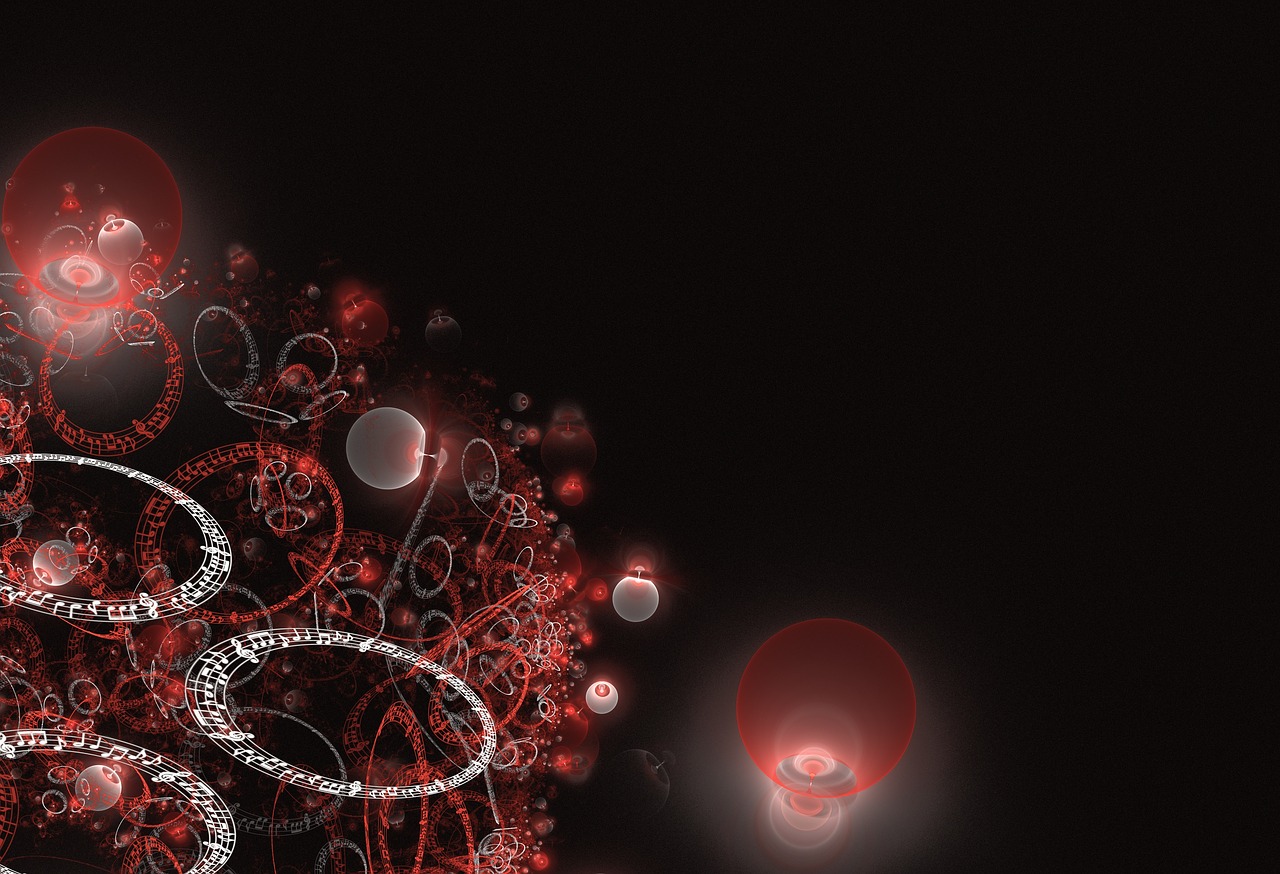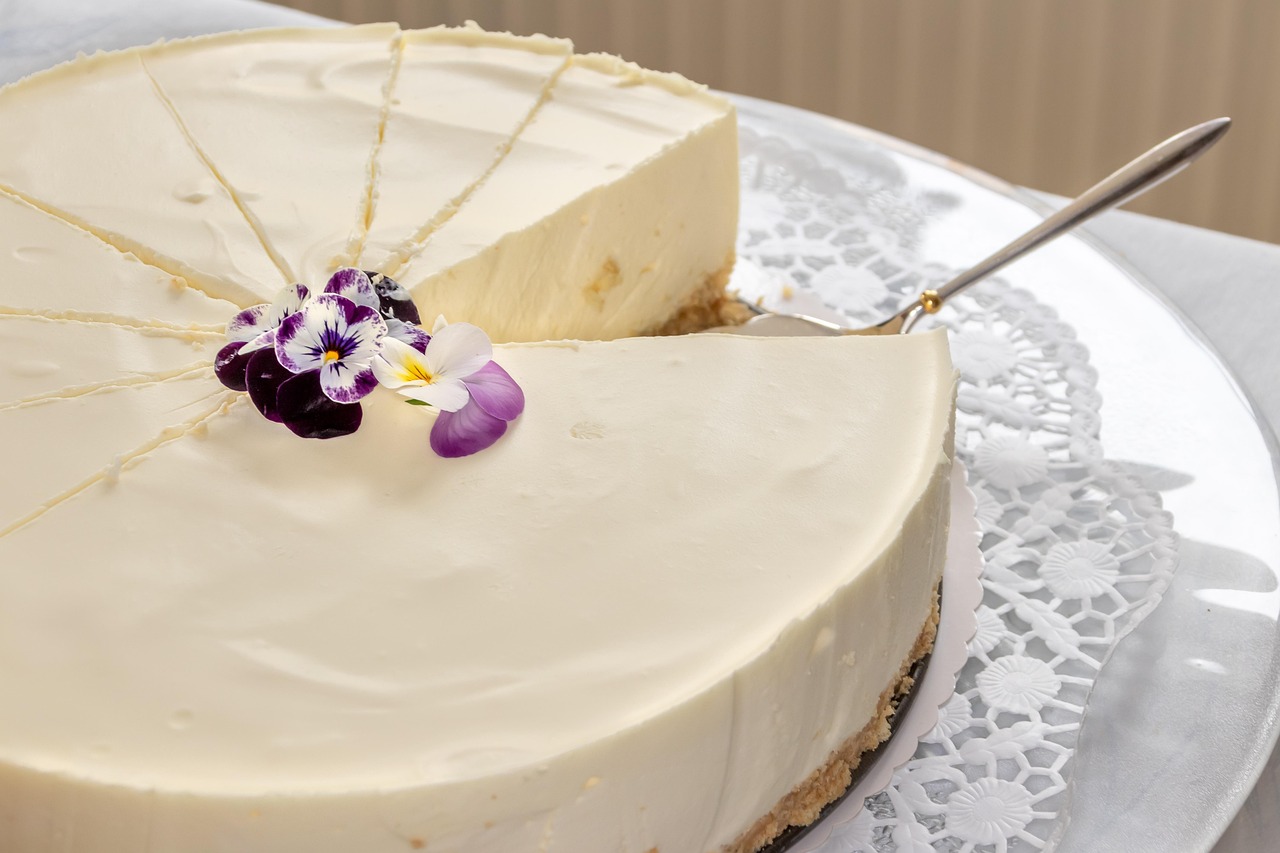在英语的世界里,表达“独特”的方式多种多样,不仅仅局限于一个单词,英语是一种丰富而灵活的语言,它提供了多种方式来描述事物或人的独特性,在这篇文章中,我们将深入探讨“独特”的不同英语表达方式,以及它们在不同语境中的使用。
Unique
“Unique”是最直接的表达方式,意味着“唯一的,独一无二的”,这个词在英语中非常常见,适用于描述那些没有任何相似之处的事物或人。
例句:
- The design of this sculpture is truly unique.
- Each snowflake is unique in its own way.
One-of-a-kind
这个短语意味着“独一无二的”,强调了某物是不可复制的,没有其他相似的存在。
例句:
- This antique clock is a one-of-a-kind piece.
- She has a one-of-a-kind personality that makes her stand out in any crowd.
Singular
“Singular”这个词在数学和几何学中常用来描述“单数”或“唯一的”,在更广泛的语境中,它也可以指“非凡的”或“独特的”。
例句:
- His achievements are singular in the field of science.
- The event was a singular occurrence, never to be repeated.
Distinctive
“Distinctive”意味着“有特色的”,“与众不同的”,这个词强调了某物或某人的识别度和个性。
例句:
- The company's logo is very distinctive and easy to remember.
- Her distinctive voice made her a popular choice for voice-over work.
Unparalleled
“Unparalleled”意味着“无与伦比的”,“没有匹敌的”,这个词用来描述那些在特定领域或特质上无人能及的事物。
例句:
- The view from the top of the mountain is unparalleled.
- His skill as a pianist is unparalleled in the classical music world.

Inimitable
“不可模仿的”或“独特的”是“inimitable”的含义,它强调了某物或某人的特质是如此特别,以至于其他人无法复制。
例句:
- Her inimitable sense of humor always lightens the mood.
- The inimitable style of the artist has made his work highly sought after.
Exclusive
“Exclusive”意味着“独有的”,“排他的”,这个词常用于描述那些只为特定群体或个人保留的事物。
例句:
- This membership offers exclusive access to the club's facilities.
- The designer's latest collection is exclusive to this boutique.
Original
“Original”意味着“原创的”,“首创的”,这个词强调了某物或某人的创新性和新颖性。
例句:
- The idea for the project is original and has never been done before.
- She is known for her original approach to problem-solving.
Eccentric
“Eccentric”意味着“古怪的”,“偏离常规的”,这个词常用来描述那些行为或风格与众不同的人。
例句:
- His eccentric fashion choices always attract attention.
- The eccentric inventor had a workshop filled with strange and wonderful creations.
Peculiar
“Peculiar”意味着“特别的”,“古怪的”,这个词可以用来描述那些与众不同或有些奇怪的事物。
例句:
- The town has a peculiar custom that dates back centuries.
- Her peculiar sense of humor often leaves people puzzled.
Novel
“Novel”意味着“新颖的”,“新奇的”,这个词强调了某物或某人的新颖性和创新性。
例句:
- The novel idea for the business has attracted a lot of interest.
- The novel approach to teaching has improved student engagement.
Rare
“Rare”意味着“稀有的”,“罕见的”,这个词用来描述那些不常见或难以找到的事物。
例句:
- The species of bird is rare and protected by law.
- His ability to perform such complex calculations is rare among his peers.
Uncommon
“Uncommon”意味着“不常见的”,“非凡的”,这个词用来描述那些超出常规的事物或特质。
例句:
- Her uncommon talent for languages has allowed her to become a successful translator.
- The uncommon weather patterns this year have caused concern among farmers.
Individual
“Individual”意味着“个人的”,“独特的”,这个词强调了某人或某物的独特性和个性。
例句:
- Each person's individual style contributes to the overall aesthetic of the room.
- The company values the individual contributions of its employees.
Distinguished
“Distinguished”意味着“杰出的”,“卓越的”,这个词用来描述那些在特定领域或特质上表现出色的人或事物。
例句:
- The professor is a distinguished scholar in his field.
- The hotel offers a distinguished dining experience with its gourmet menu.
英语中表达“独特”的方式多种多样,每种表达都有其特定的语境和含义,通过学习和使用这些不同的词汇,我们可以更精确、更生动地描述事物和人的独特性,无论是在写作、演讲还是日常对话中,掌握这些词汇都能帮助我们更有效地传达我们的想法和感受,语言的力量在于其多样性和表达的精确性,而“独特”的英语表达正是这种力量的体现。








评论